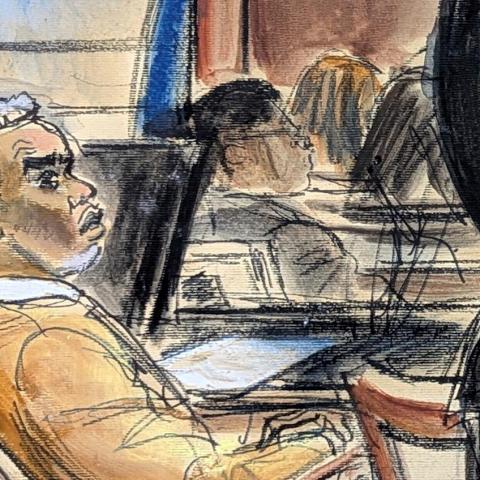If you’re feeling guilty about climate change, you’re not alone. Many people are aware of their impact on the environment and struggle with feelings of responsibility. It’s easy to feel overwhelmed when you see the effects of climate change around you. Polls show that over 50% of people feel guilty about their contributions to this global issue, and that number rises among younger individuals.
Wendy Greenspun, a clinical psychologist, points out that this guilt can stem from the contrast between our modern lives and the harm caused to the planet. Older generations also feel the weight of their choices, wondering what legacy they’ll leave for future generations.
But why do some people seem unaffected by this guilt? Some choose to deny climate change entirely, giving them a free pass to continue their habits without remorse. A recent study showed that the more someone feels responsible for their environmental impact, the more guilt they experience—especially regarding actions like flying.
Big corporations often push the narrative that individual actions matter most. In reality, a significant chunk of emissions comes from industries. A concept called "carbon footprint" was popularized by BP in 2004 to shift responsibility from companies to consumers. It’s a tactic that distracts from the real sources of pollution.
So, is it fair to shift blame to corporations? While it can relieve personal guilt, it’s essential to acknowledge our role as consumers. Wendy Greenspun argues that recognizing our contributions, even as we point fingers at big polluters, is crucial for real change.
Interestingly, guilt can also motivate action. It pushes individuals to make small changes, like recycling or reducing plastic use. Michaela Barnett, a civil engineer, emphasizes the importance of using guilt constructively—turning those feelings into actions that contribute to positive change.
However, guilt can also lead to paralysis. It might prompt excessive worry over personal choices, overshadowing the broader systemic issues at play. Understanding that personal actions matter but also recognizing the necessity for collective efforts can strike a balance.
What can you do? Simple steps are a start—recycling, reducing meat consumption, and using public transport. But consider the bigger picture. Engage your community. Advocate for eco-friendly policies. Programs like local composting initiatives or workplace recycling programs expand your impact beyond personal habits.
Barnett founded KnoxFill, a business focused on reducing single-use containers, after realizing that perfecting her individual choices wasn’t enough. Now, she’s helping thousands of customers make more sustainable choices.
Remember, you’re not alone in this. The fight against climate change is a collective one. Every effort counts. Whether it’s a small personal change or a larger community initiative, together, we can contribute to a healthier planet. For more on individual impact versus corporate responsibility, check out resources like the Climate Psychology Alliance.
Source link
Sustainability,climate change,Explainer,healthscienceclimate




















